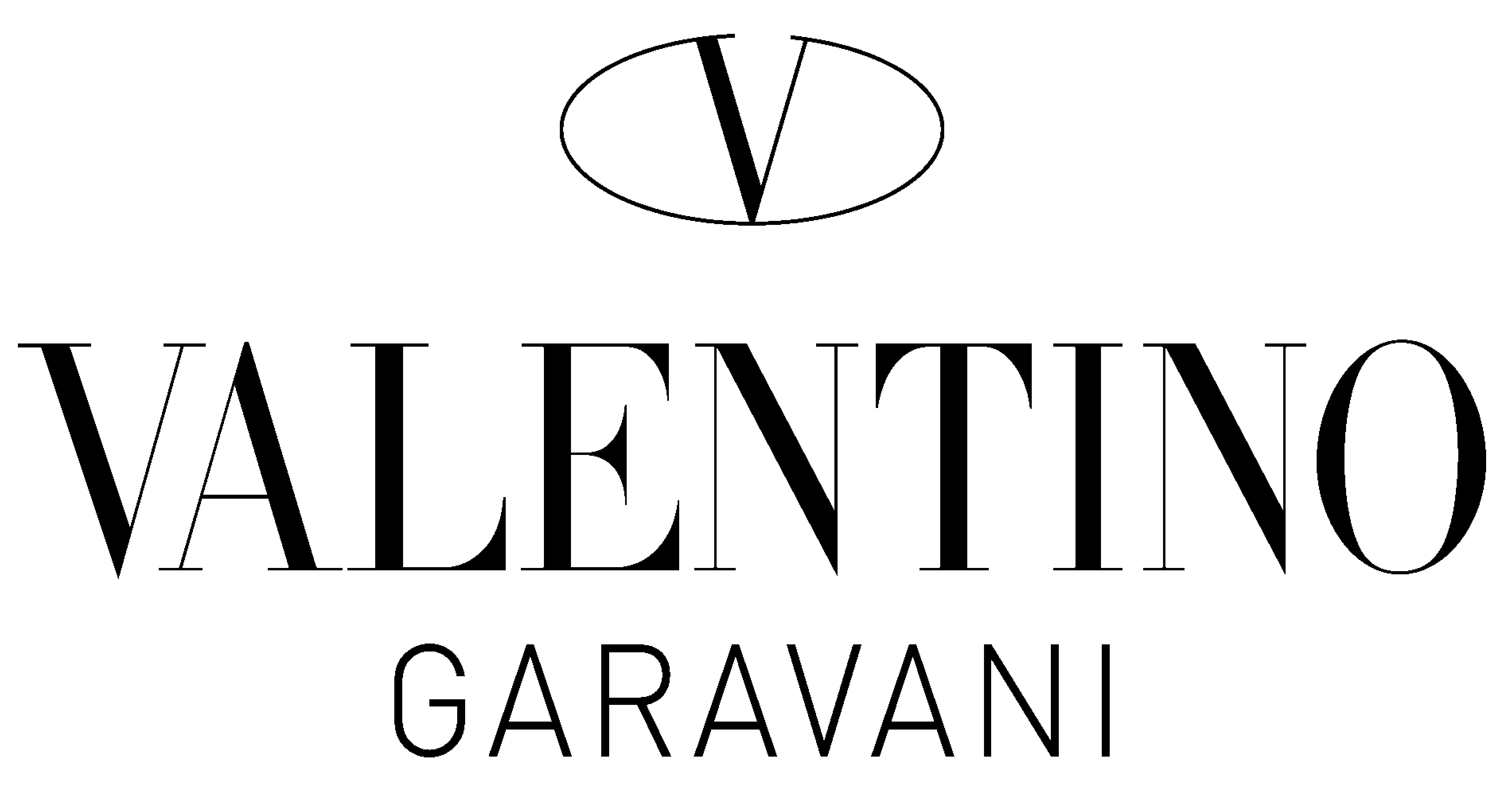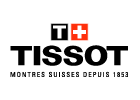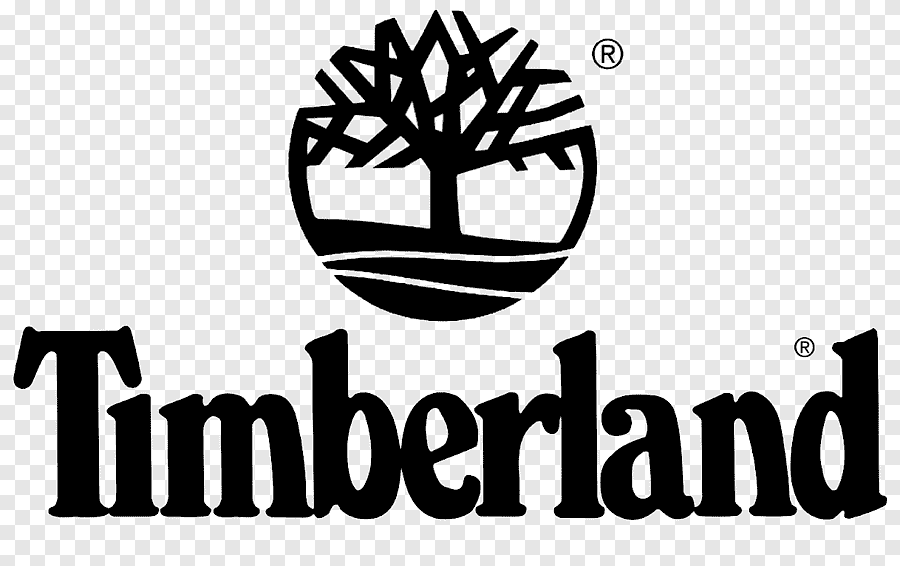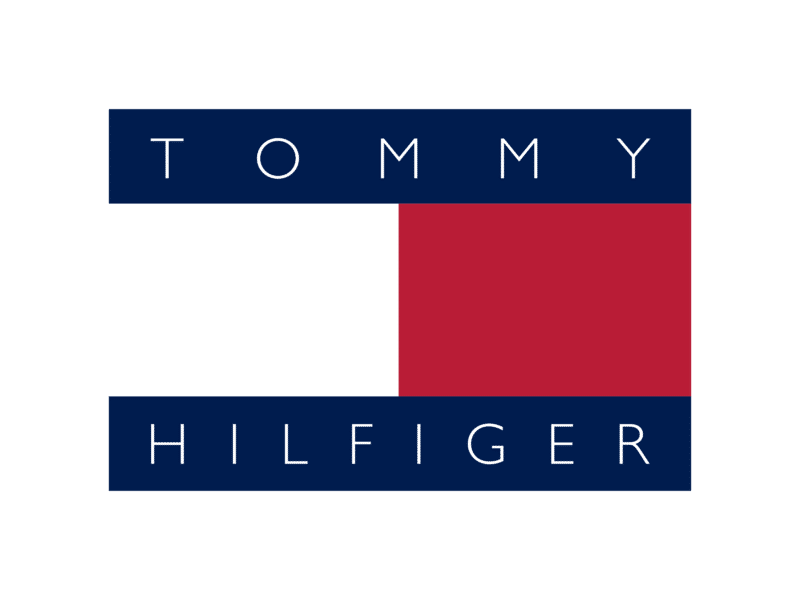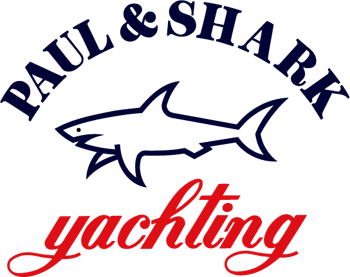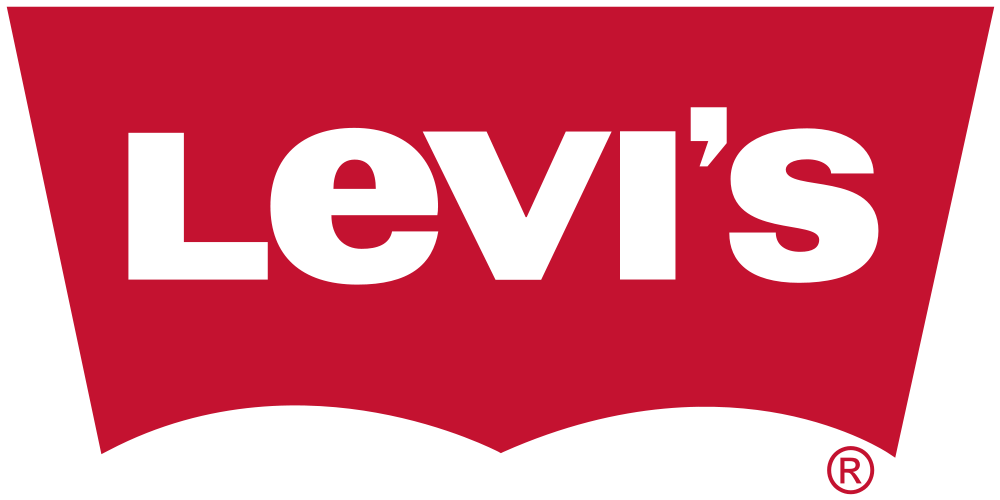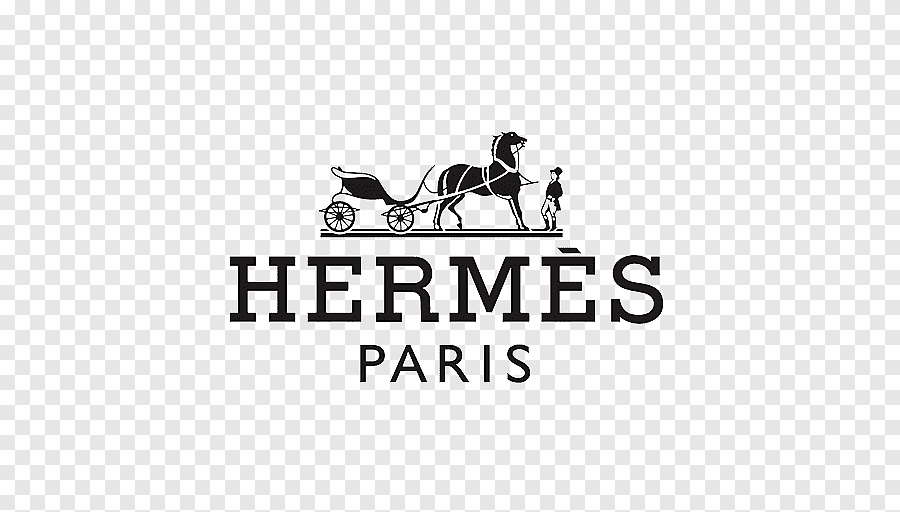Hospitality Accounting

Cash flow statements categorize cash inflows and outflows into operating, investing, and financing activities. Hotel financial statements usually show a comparison between the current period and the same period in the previous year, or between the current month and year-to-date data. The USALI standards guide how hotels organize their financial statements, ensuring consistency in presenting data for easier comparison. USALI standards are crucial when providing details for different sections of a hotel, like room reservations and dining expenses. These reports are essential for creating financial statements to help manage the business effectively. Indeed, within these three categories, there can be a wide range of different records and data that are maintained.
Assessing Seasonal Pricing and Profit Calculation

This practical exposure will enable you to assess your own hotel’s performance relative to competitors within the lodging industry. You’ll be better equipped to make informed choices in areas such as procurement, staffing, operations, and marketing budget allocation. Effective payroll management must also account for payroll taxes, which include federal, state, and sometimes local taxes. These taxes are calculated based on the employee’s earnings, including hourly wages, salaries, overtime, and bonuses. Compliance with tax laws is non-negotiable, and employers must ensure that these are accurately withheld and remitted to the appropriate tax authorities. Cancellations can cause disruptions in the expected cash flow, leading to unforeseen adjustments in the budgeting process.
Fixation of Room Rate:
We would also have awarded it a higher score for customer service if it offered phone support like Nimble Property and Hotelier Books QuickBooks (discussed below). Your hotel earned $60,000 in sales this month after paying $50,000 in expenses (from rooms expense to wages and everything in between). To keep all owners happy, you decide to pay them $4,000, leaving you with $6,000 to reinvest in your hotel. This principle states if you have a company, you need to keep your personal financial activities and your and business financial activities separate, as your business is its own economic entity. Managing loyalty programs in the hospitality sector involves careful consideration of the program’s impact on various operational aspects. The new schedule promotes environmental benchmarking in the lodging industry and helps hotels report to customers, investors, and regulators on their sustainability initiatives.
- For example, a seaside resort may experience peak occupancy during summer but fewer guests in winter.
- Compliance with tax laws is non-negotiable, and employers must ensure that these are accurately withheld and remitted to the appropriate tax authorities.
- Bookkeeping in the hospitality industry encompasses a precise and systematic approach to recording financial transactions.
- In this guide, we assessed top systems for functionalities like multi-entity reporting, flexible invoicing, and usability to support independent inns to large commercial chains.
- The pandemic has had a profound impact on travel behaviors, disrupting normalcy in the hospitality industry.
Accounts Payable (AP) and Receivable (AR) Clerk
The accounting team has a big job managing compliance and keeping up with regulation changes. Additionally, payroll managers must handle new hires and process payments for departing employees, which is common in the hotel industry, especially after the pandemic. The variety of payroll plans, including salaried, commissioned, hourly, and tip-eligible, adds complexity even when using payroll processing software. Managing payroll expenses for a hotel can be challenging due to the number of employees, high turnover rates, and various payroll plans.
- This multitude of revenue streams is one reason why hotel accounting is far more than just a walk in the park.
- While most accounting practices apply to businesses of all kinds, hotel accounting poses different challenges and requires a unique approach.
- Owned by the National Restaurant Association, the USAR is the next most senior publication currently in its 8th edition.
- Retained deposits become revenue, while refunds are issued from the liability account where the deposits were held.
- You can choose the applications, technology, and deployment options you need most, and can easily customize and enhance your system as your business needs evolve.
- The right accounting solution will depend on your tech stack, level of sophistication, and growth expectations, so explore your choices thoroughly.

These programs are accounted for as a current or noncurrent liability on their balance sheets, representing the fair value of anticipated redemptions. Room rates in the hospitality industry vary based on many factors, unlike a specific fixed service or product. The hotel industry is a complex one and requires careful management of all finances to ensure growth. Gone are the days when a hotel business was just about offering food and accommodation.
Accounting and Financial Management in Hotels, Foodservices, and Clubs
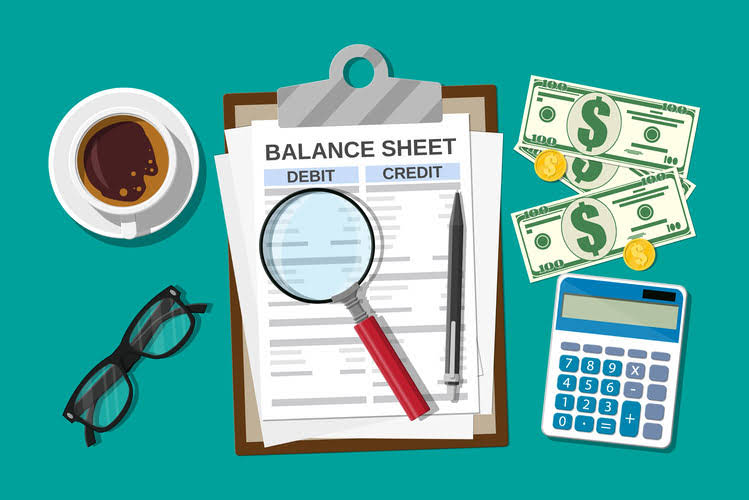
In these programs, customers are actively motivated to continue their relationship with the brand, resulting in a robust, mutually beneficial loyalty cycle. MyBillBook can shoulder a significant portion of the responsibility of your account managers. M3 is dedicated to connecting with its customers and bringing them useful information. M3 offers insight into our positive impact on companies and supplies helpful information for our partners. Accounting in hotels involves numerous complexities that can affect financial accuracy and operational efficiency.
- Singapore hotels are assessed based on the annual value of their rooms and are imposed the property tax at a fixed percentage of the gross amount of the receipts recorded in the previous year.
- Cloudbeds could have aced our evaluation of hotel management features if it had built-in features for managing hotel staff payroll.
- Scheduling, employee productivity, industry labor standards, and customizable reports give hoteliers unparalleled power to proactively take action, reducing unnecessary labor expenses before they happen.
- She holds a bachelor of business administration in accounting from Temple University.
- By understanding these key aspects, you can streamline your financial processes and focus on what you do best—delivering outstanding hospitality.
- Having a clear audit trail helps improve customer service and vendor relationships.
Commit to a long-term digital subscription and enjoy five years of continuous access to the latest edition of the USALI. The USALI, 12th Revised Edition is offered as a subscription or soft-cover book (available late Summer 2024). A subscription includes access to the USALI e-book library and a variety of online resources. M3 is proud to have over 1,000 separate and distinct customers using one or more accounting for hotels of M3’s solutions. M3 is proud to work with each and every customer, as well as 50% of the Top Hotel Companies as ranked by numerous publications.
M3 Pricing

However, while Partnership Accounting generic tools are effective for many small businesses, they may not meet the complex requirements of many hotels. As a result, a significant portion of hotel accounting involves matching transactions to the correct activities so managers can generate the financial reports they need to make intelligent choices. One of the challenges is that they operate around the clock and require reliable financial information to manage their businesses. Hotel accountants provide this financial information using a mix of accounting principles and industry standards, and the whole process is referred to as hotel accounting.
